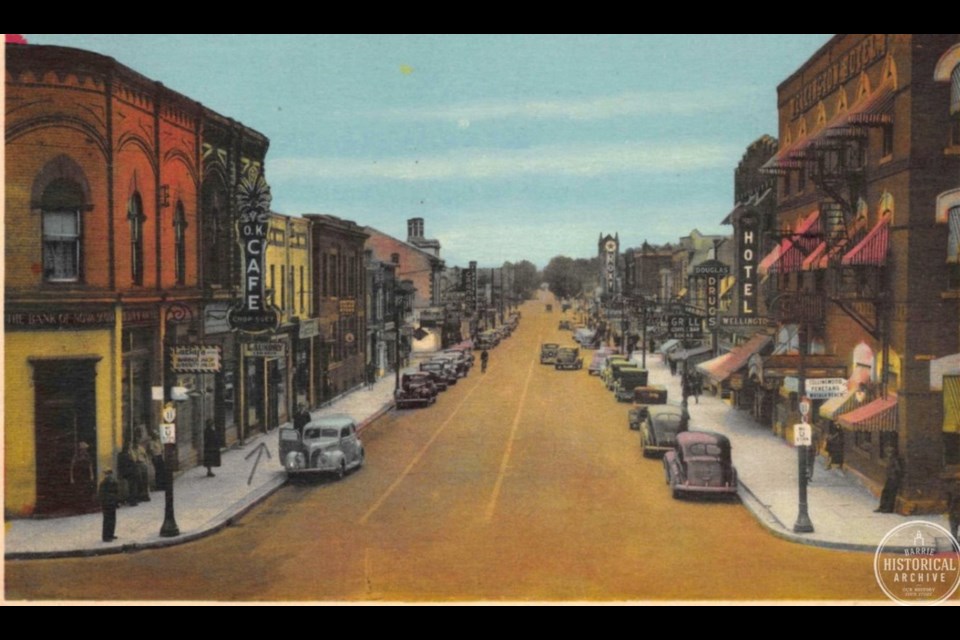In the years surrounding the dawn of the 20th century, a change came in the operation of commercial laundry businesses in Canada. This change was eyed with some suspicion and the new players in the game were not necessarily welcomed.
Gold rushes and the building of the national railway system brought some of the first Chinese workers to this country. The work proved brutally hard and hundreds of workers lost their lives, yet many still saw the promise of a better life in this land.
Men, mostly farmers from rural China, came to Canada ready to work hard but found themselves unwanted by most employers. Their solution was self-employment. A small group of family members or acquaintances from their homeland would pool together what little money they had and open a small hand laundry.
In time, the profits allowed the investors to purchase or open steam powered laundries. By the late 19th century, most commercial laundries in the city of Toronto were owned by Chinese immigrants. Smaller towns, such as Barrie, were wary about possibility of this trend arriving locally.
“A Chinaman from Toronto was in town the other day, prospecting as to the chances of starting a laundry. He is only one of a number who have set up in the Queen City and pursue the business of washing and ironing. So far as we can learn, he thinks Barrie a very desirable locality to move his utensils." Northern Advance, 28 June, 1877
The chances of a Chinese immigrant setting up a laundry business in Barrie during that time period were quite slim. Many obstacles had been thrown in their path by governments, unions, and the population in general.
When the $50 head tax of 1885 did not sufficiently slow their arrival, it was increased several times until it sat at $500 in 1903. This meant that the Chinese men who did come to Canada could not afford to bring their families.
They came anyway. The men usually lived in same building that housed their laundry business. They sent home what money they could spare yet their families usually remained in poverty in China.
If the Chinese laundry men dreamed of sending for their wives and children someday, those hopes were dashed in 1923 when the Canadian government replaced the head tax with the Chinese Immigration Act that excluded almost all Chinese people from entering the country. This law stood until 1947.
In 1902, Lee Yut advertised the opening of his hand laundry service. It was located in the King Music Hall Block immediately to the west of Post Office Square. He may have been the first Chinese laundry man to venture to Barrie and his tenure appears to have been brief.
The Lem brothers were next to arrive. In 1908, they purchased the Barrie Steam Laundry at 105 Dunlop St. E. after having found some success in the running of a small hand laundry at Five Points.
The three brothers, Kew, Fat and Gong, spent the rest of their lives in the laundry industry in Canada. Kew and Fat remained in Barrie while Gong relocated to Toronto.
Lem Fat passed away in 1937. Lem Kew survived him by a decade. The remains of Lem Kew were returned to Canton, China, for burial as was the preferred custom, if it could be afforded.
Lem Kew had been fortunate enough to have visited his wife in China on a few occasions. Sadly, she had been prevented from joining him in Canada by a law that was repealed just six months after his death.
After the death of Lem Kew in 1946, the business was carried on by Willie Yee who had been employed by the Lem brothers since arriving from China in 1916. Willie Yee recruited his countryman, Yee Kew, to come to work for him.
In 1949, Willie Yee was unable to renew the lease on the Lem Bros. shop at 9 Dunlop St. W. After 51 years in business, the laundry closed its doors.
Afterwards, Yee Kew joined the staff of the City Café which was owned by Jack Lem, a nephew of the original Lem brothers. Jack Lem worked with his brother, Lem Chow, and his cousins, Roy Lem and Hoy Lem.
Willie Yee then did something remarkable. He retired and returned to China. He had not been home in 33 years.
As the convenience of modern home washing machines slowly put many commercial laundries out of business, the rise in popularity of cafe dining provided plenty of opportunities for the Chinese Canadians of Barrie.
Each week, the Barrie Historical Archive provides BarrieToday readers with a glimpse of the city’s past. This unique column features photos and stories from years gone by and is sure to appeal to the historian in each of us.



